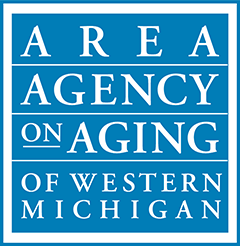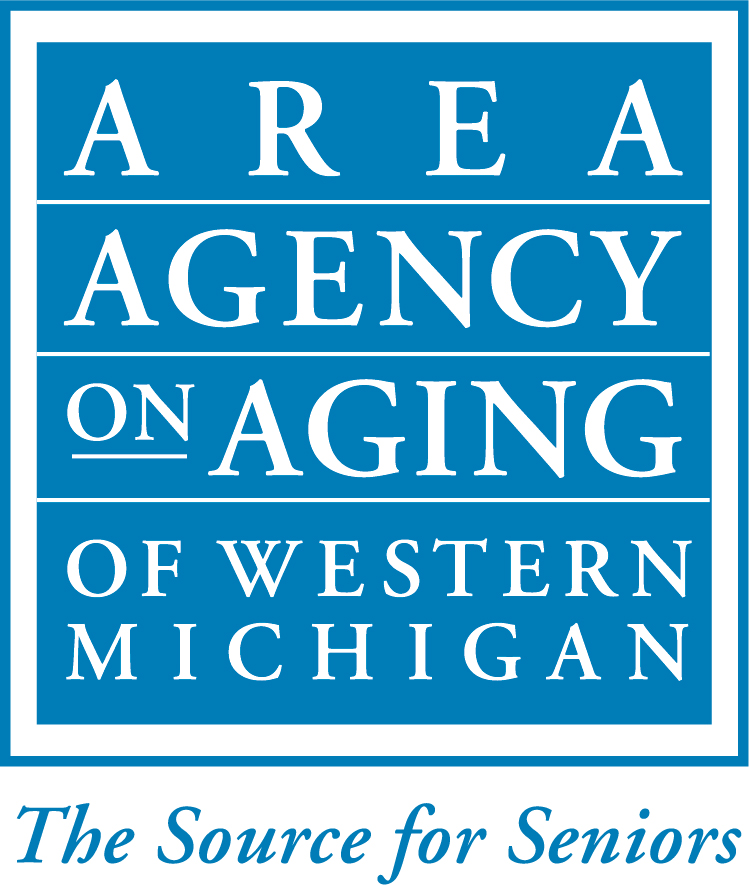Articles
The Caregiver Journey: Resources Along the Way

For many caregivers, this is a role they were thrust into. Mom experienced a fall and needs some extra help. Your partner has surgery and recovery doesn’t go as planned. Regardless of the reason, you are now responsible for someone else’s well-being on top of your own. Research conducted by AARP and the National Alliance for Caregiving in 2020 showed that over 53 million American adults served in an unpaid caregiving role for someone aged 50 or older (relative, parent, parent-in-law)*. Caring for a loved one in your life can take on a variety of forms from quick trips to doctor’s appointments to helping with daily household tasks and meal preparation. Whether you are new to your caregiving journey or established, you are likely to have moments that can be overwhelming. Here are a few things that can help:
Feel your feelings.
Caregiving is likely to bring out a variety of emotions. Many aspects of caregiving are rewarding and filled with joy. Lean into these. Additionally, some aspects are frustrating, allow yourself to feel this way as well. Harboring these feelings can lead to further resentment and anger, giving yourself time to work through them can help.
Accept help.
The caregiver role is likely only one of your many roles; you’re likely also an employee, spouse, or parent, and juggling these many tasks can be overwhelming. Recognize that you may not be able to do all tasks on your own and ask for help where you can. Learning to accept this help is also important, little things on a regular basis can make a big difference. More than likely people are willing to jump in to assist, they simply don’t know you’ve been struggling.
Take care of yourself.
Burnout is common in caregiving. It is important that you carve out time for yourself, from going away for a weekend to having someone come by for a few hours, a little time “off” makes a big difference. Self-care can also mean smaller things too like taking a walk, eating healthy foods, reading a book, or calling a friend.
Connect with resources.
A number of resources exist to provide support to older adults and caregivers:
- Family Caregiver University: monthly classes for anyone in a caregiving role. These topics range from community resources, self-care activities, and more.
- Dementia Friends Program: these one-hour informational sessions help organizations and individuals fully understand dementia and how to communicate effectively.
- Caregiver Resource Network: brings together caregiving resources within a nine-county region.
- Counseling and Caregiver Support Group:
- Michigan StayWell Counseling is available for individuals experiencing emotional distress due to the COVID-19 pandemic. This free and confidential support is available 24/7 at 1-888-535-6136, press “8” to talk to a Michigan StayWell counselor.
- A Caregiver Support Group made possible through Spectrum Health is available to caregivers virtually and takes place on Tuesdays at 10:00 am.
- Respite: This service provides companionship or assistance with activities of daily living for older adults when their primary caregiver is unavailable or looking for support.
- Adult Day: Adult Day Centers care for older adults for extended hours of a day. At an adult day center individuals can take part in activities, exercise, socialize with others, and receive personal care while their caregivers have respite.
- Transportation: transportation options for older adults exist to get them safely to medical appointments, grocery stores, and more, helping relieve some of the caregiver burden.
- Home Delivered Meals: for older adults who may not be able to get out to shop for their own groceries, home-delivered meals can be a great option. They’ll receive regular meal drop-offs of well-rounded meals.
If you have questions on further support that is available in your county, or would like to be set up with the resources mentioned above, you can call the Area Agency on Aging of Western Michigan at (616) 456-5664 or (888) 456-5664.
Source: https://www.aarp.org/ppi/info-2020/caregiving-in-the-united-states.html
Tagged:

